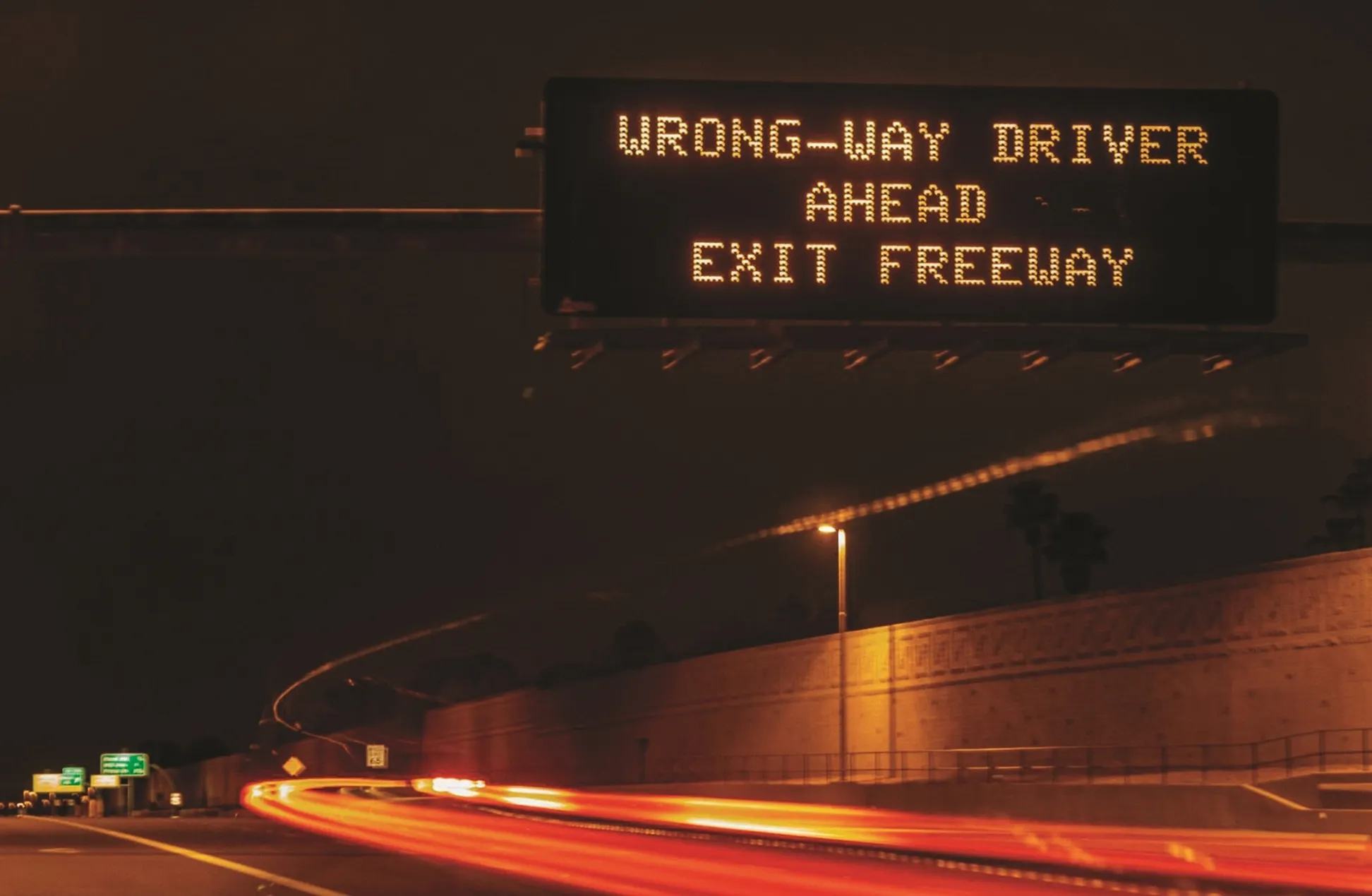
Located at Jefferson Avenue and Randolph Street near downtown, the pilot uses technology that can predict red light violations and vulnerable pedestrians and bicyclists that are approaching the intersection. Derq AI algorithms analyse video feeds from two FLIR cameras—one thermal sensor and one visual sensor—and identify intent up to two seconds before a violation takes place. The system then alerts approaching drivers via V2X connectivity, giving them plenty of time to take action and avoid collisions. The result is less accidents, fewer injuries and better traffic flow.
The pilot was made possible by a PlanetM Startup Grant. According to CEO George Aoude, Derq and FLIR demonstrated their joint solution in Dubai in 2017 and are exploring other pilot opportunities around the US.
“Connected vehicle pilots are growing around the country and right here in Michigan, and there’s a great opportunity for us to get our technology out there to help save lives,” Aoude said.
Booth 300










